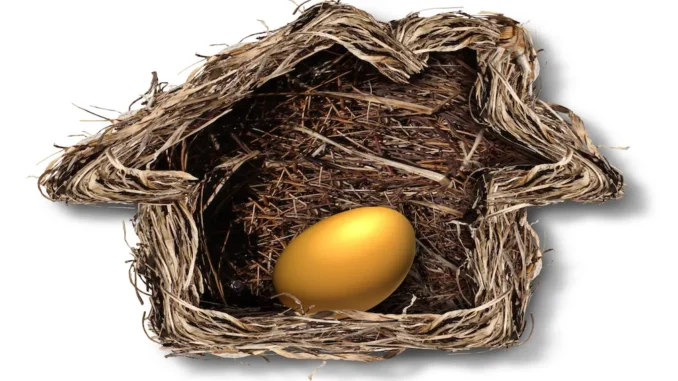
Mortgage rate buydowns and a limited supply of existing homes have buoyed housing demand for many months despite elevated interest rates. As home prices rose steadily, homeowners also accumulated significant equity.
The typical homeowner who purchased a median-priced home in January 2020, assuming a 10% down payment and the prevailing 30-year fixed mortgage rate at that time, has received a $208,000 boost in net worth, according to a report from John Burns Research & Consulting.
Meanwhile, homeowners who bought in January 2000, January 2006 and January 2013 have received boosts of $414,000, $338,000, and $343,000, respectively.
Overall, U.S. homeowners held $31.8 trillion in home equity at the end of 2023, up from $15 trillion in 2006, the previous peak of the housing cycle.
At a more granular level, the study shows that home equity increases benefits to buyers across all segments.
Certain homeowners are allocating their home equity toward the purchase of a larger, nicer home. The built-up equity helps them assume a larger down payment and reduce the cost of monthly payments. Meanwhile, first-time homebuyers may benefit from generational wealth transfers, giving them a leg up to access homeownership.
Lastly, accumulated home equity allows homeowners to spend on repairs and remodeling projects. Ultimately, home equity enhances the financial confidence of homeowners, the report concluded, driving up consumer spending and investment in the broader economy.
